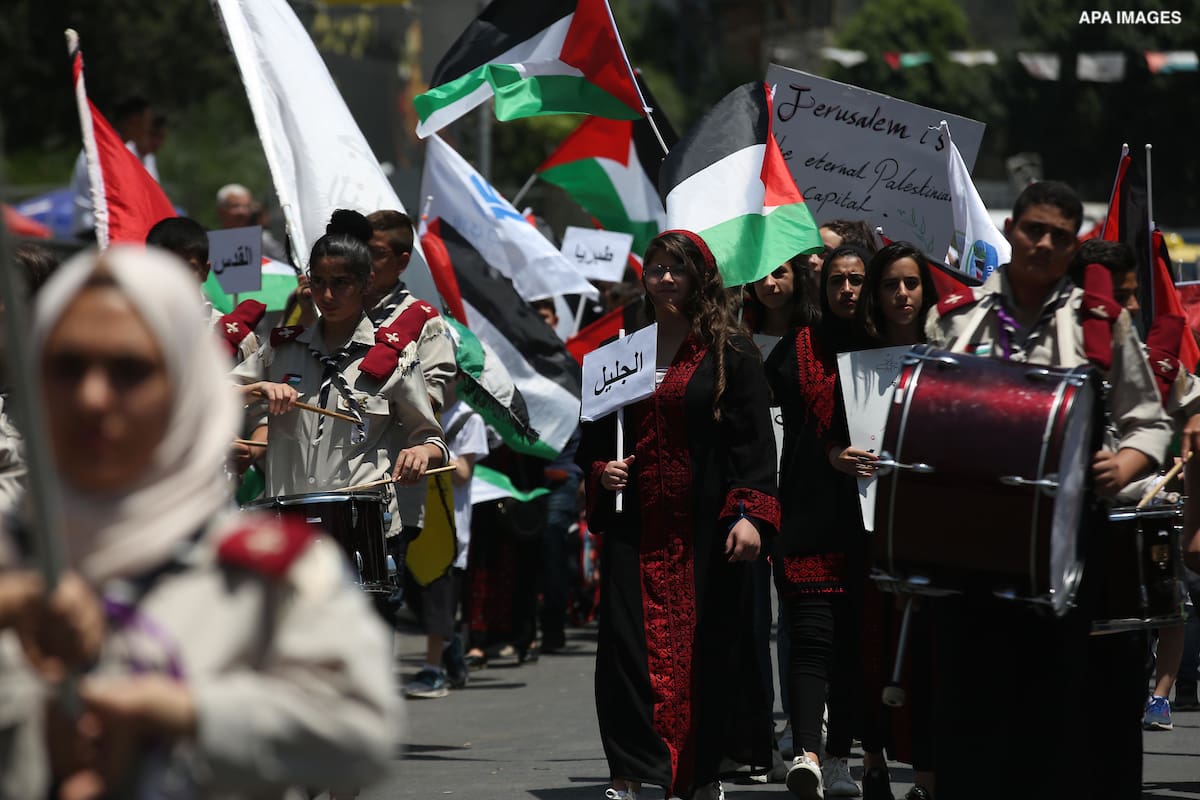
Jamil Hilal is an independent Palestinian sociologist and writer, and has published many books and numerous articles on Palestinian society, the Arab-Israeli Conflict, and Middle East issues. Hilal has held, and holds, associate senior research fellowship at a number of Palestinian research institutions. His recent publications include works on poverty, Palestinian political parties, and the political system after Oslo. He edited Where Now for Palestine: The Demise of the Two-State Solution (Z Books, 2007), and with Ilan Pappe edited Across the Wall (I.B. Tauris, 2010).
Any new uprising must reflect the range of Palestinian experiences and needs in the formulation of resistance strategies, so long as they uphold the values of freedom, equality, social justice, and human rights. It would also need to be open to interacting with the national, regional, and international spheres.
Further analysis on this intersection is not available at this time.










